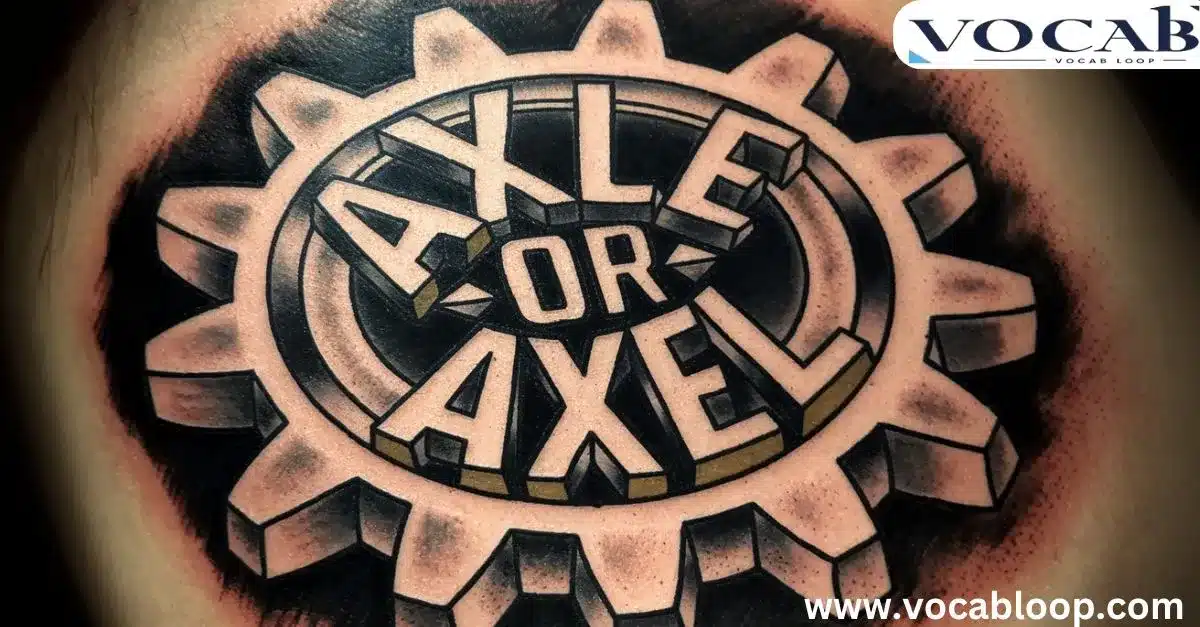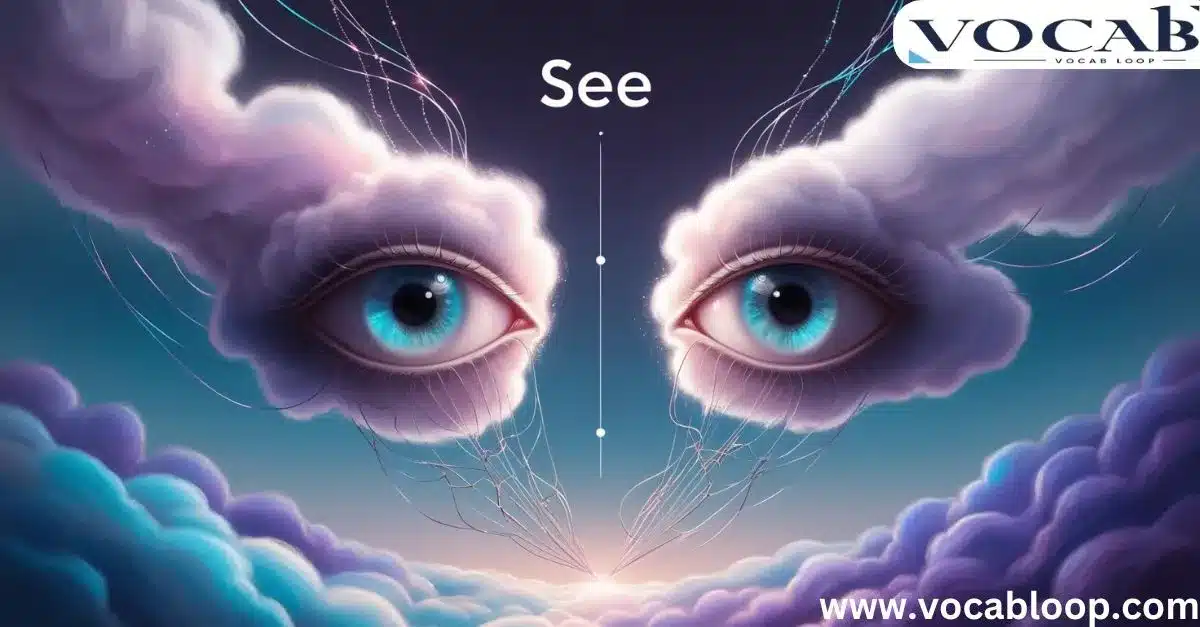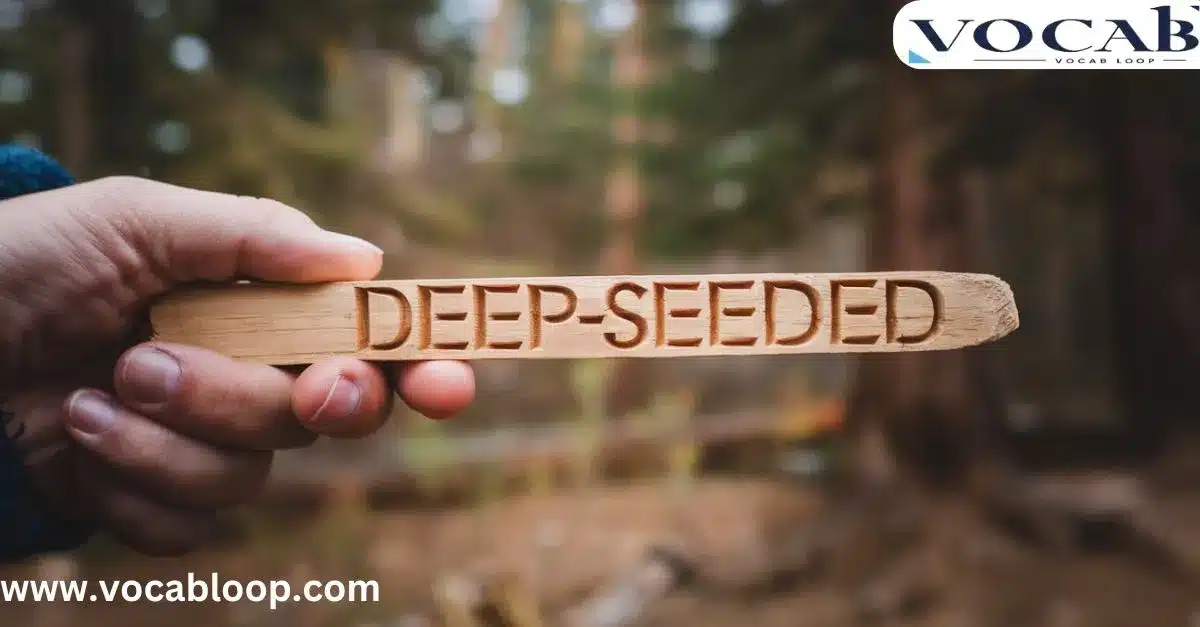Vicious vs Viscous: which one is correct to use in writing?
Have you ever wondered about the difference between vicious vs viscous. These commonly confused words might look similar, but their meanings couldn’t be more different. While one describes cruel behavior, the other refers to thick, sticky substances. In today’s guide to using them correctly, we’ll unravel the mystery behind this confusion between these frequently mixed-up terms. … Read more










